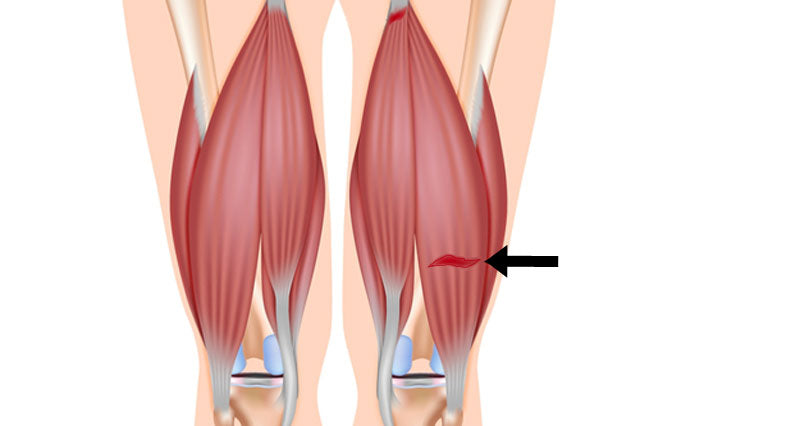
Hamstring Injury: Causes, Recovery, and Prevention
Share
Hamstring injuries, common among athletes and active individuals, involve strains or tears in the group of muscles at the back of the thigh. They can range from mild strains to severe tears, often caused by overstretching or sudden, explosive movements.
Symptoms of a Hamstring Injury
• Sudden sharp pain in the back of the thigh
• Swelling or bruising
• Difficulty walking or straightening the leg
• Weakness in the injured leg
Recovery Process for Hamstring Injuries
1. Immediate Care (R.I.C.E. Protocol)
• Rest: Avoid activities that strain the hamstring.
• Ice: Apply ice packs for 20-minute intervals every few hours to reduce swelling.
• Compression: Use elastic bandages to minimize swelling.
• Elevation: Keep the leg elevated to promote blood flow.
2. Pain Management
• Over-the-counter anti-inflammatory medications can help, but consult a doctor first.
3. Gentle Stretching and Mobility
• Start with gentle stretches to regain flexibility once swelling subsides.
• Avoid aggressive movements that may aggravate the injury.
4. Strengthening Exercises
• Incorporate exercises like light leg curls, bridges, and resistance band work as the injury heals.
• Strengthening reduces the risk of re-injury by improving muscle resilience.
5. Physical Therapy
• A physical therapist can provide a tailored rehabilitation program to restore strength and flexibility.
Prevention Tips
• Warm-Up Properly: Include dynamic stretches before workouts.
• Strength Training: Build balanced strength in the hamstrings and quadriceps.
• Listen to Your Body: Avoid pushing through fatigue or tightness.
• Cool Down: Stretch after activity to maintain flexibility.
When to Seek Medical Help
If the injury involves severe pain, difficulty walking, or persistent symptoms, consult a healthcare professional to rule out a complete tear or other complications.
Final Thoughts
Hamstring injuries can be frustrating, but with proper care, recovery is achievable. Follow a structured plan, prioritize rest, and focus on gradual strengthening to return to your activities stronger and healthier than before.







